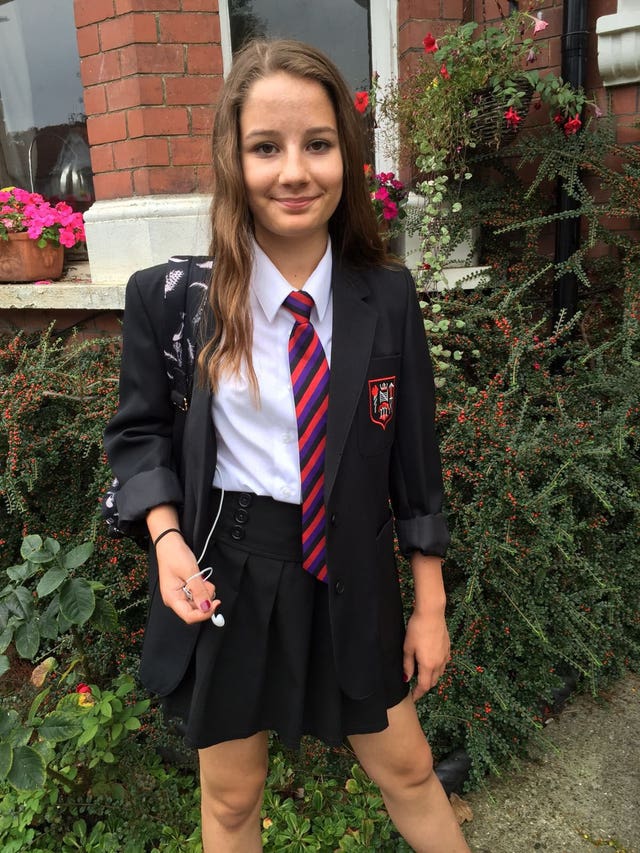Social media companies must take more responsibility for protecting children from disturbing content on their platforms, the Children’s Commissioner for England has said.
In an open letter to the platforms most used by children – YouTube, Facebook (which owns Instagram), Snapchat and Pinterest – Anne Longfield urged the companies to back a statutory duty of care and a Digital Ombudsman to act as an independent arbiter between users and the platforms.
She said the death of teenager Molly Russell, whose family later found she had viewed content on social media linked to anxiety, depression, self-harm and suicide before taking her own life in November 2017, highlighted the “horrific amount of disturbing content that children are accessing online”.

“If that is the case, then children should not be accessing your services at all, and parents should be aware that the idea of any authority overseeing algorithms and content is a mirage,” she wrote.
“The recent tragic cases of young people who had accessed and drawn from sites that post deeply troubling content around suicide and self-harm, and who in the end took their own lives, should be a moment of reflection. I would appeal to you to accept there are problems and to commit to tackling them – or admit publicly that you are unable to.”
Ms Longfield’s letter noted that, by law, “I have the power to demand data pertaining to children from public bodies”, and although this does not cover social media firms, she asked them to provide information on the amount of self-harm related content on each platform, and data on the number of under-18s and under-13s accessing it – the latter in breach of most social media site age restrictions.
She also asked for information on what support the platforms offer to those who seek images of self-harm and what criteria are used to decide on removing content and people from each site.
The letter asked for the firms to back the establishment of a Digital Ombudsman, which the commissioner said would be “able to respond to the concerns of children and parents by demanding greater transparency and action from internet companies so material that is detrimental to the well-being of children is removed quickly”.
“With great power comes great responsibility, and it is your responsibility to support measures that give children the information and tools they need growing up in this digital world – or to admit that you cannot control what anyone sees on your platforms,” the letter concludes.
A Snapchat spokesman said: “We work hard to keep Snapchat a safe and supportive place for everyone. From the outset we have sought to connect our community with content that is authoritative and credible, and safeguard against harmful content and disinformation.
“All public content that appears on Discover is moderated and highly curated. It contains only content from leading media companies, the public accounts of well-known individuals and creators, and Stories curated from users’ Snaps by our in-house news team or professional partners.”
A spokesman for Instagram and Facebook said: “We have a huge responsibility to make sure young people are safe on our platforms and working together with the Government, the Children’s Commissioner and other companies is the only way to make sure we get this right.
“Our thoughts are with Molly’s family and with the other families who have been affected by suicide or self-harm. We are undertaking a full review of our policies, enforcement and technologies and are consulting further with mental health experts to understand what more we can do.
“In the meantime, we are taking measures aimed at preventing people from finding self-harm related content through search and hashtags.”
In a statement, a spokeswoman for Pinterest said “there is nothing more important than keeping children safe.
“We want Pinterest to be an inspiring place for people online. We don’t want people to ever see disturbing content on our platform, and it is deeply upsetting to us if they do. We have assembled a special team that is urgently working to strengthen our technology that helps keep unwanted content off Pinterest.
“In addition, we are working with more outside groups with expertise in these issues to review our policy and enforcement guidelines and ensure we get this right.”






